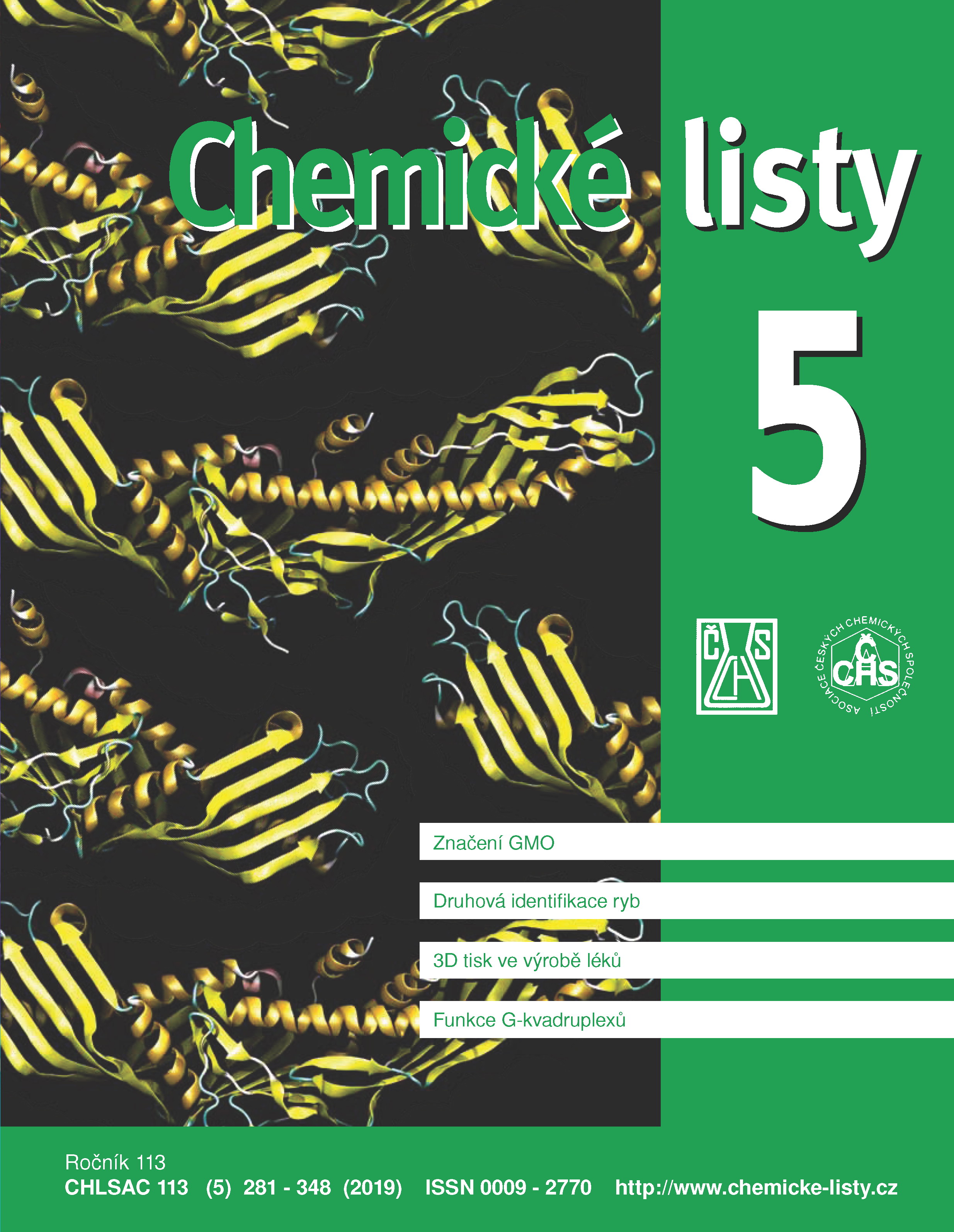Current Trends of Fish Species Identification by Molecular-Biological Methods
Keywords:
fish adulteration, polymerase chain reaction, loop-mediated isothermal amplification (LAMP), multi-analyte profiling (xMAP)Abstract
Nowadays, food adulteration is a common problem. Fish meat is a typical commodity which is adulterated very often. Therefore, it is necessary to find effective methods for fish meat authentication. Molecular-biological methods based on the analysis of mitochondrial and genomic markers were proved to be suitable for this purpose. Especially, polymerase chain reaction is commonly used, but there are new methods like Loop-mediated Isothermal Amplification or Multi-Analyte Profiling with a huge potential for fish species identification. In this paper, advantages and disadvantages of a use of different markers and three molecular-biological methods for the purpose of fish fraud detection are summarized.





